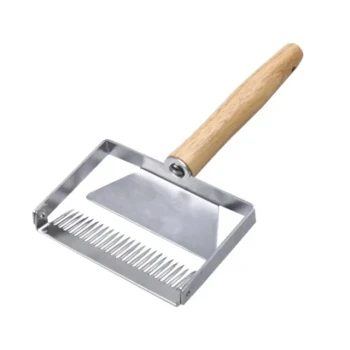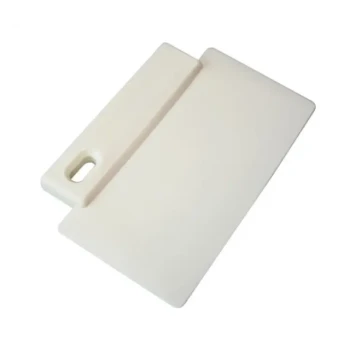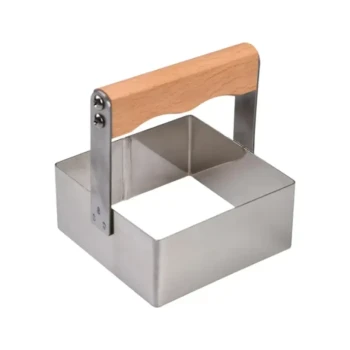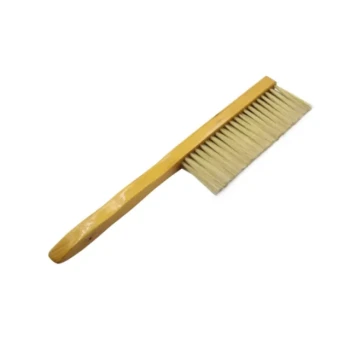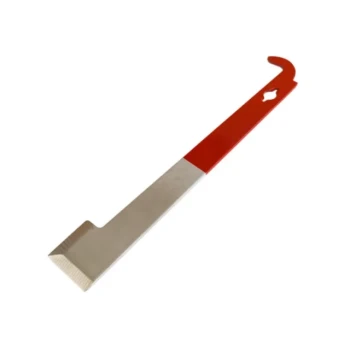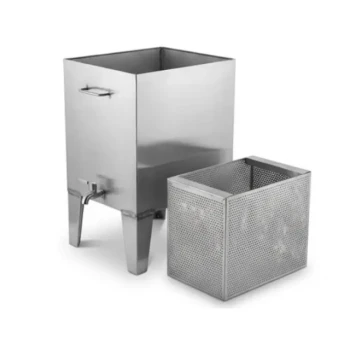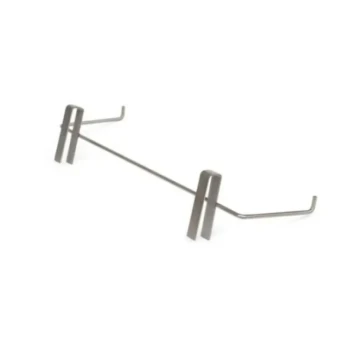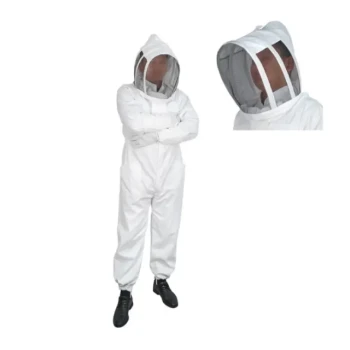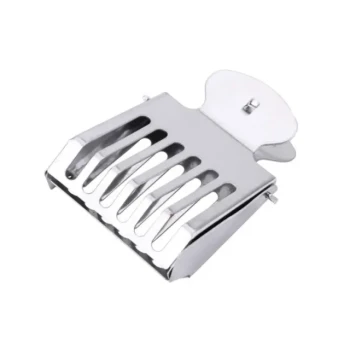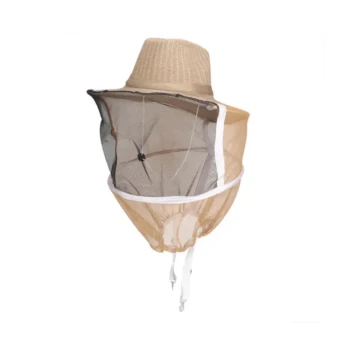The late summer honey harvest is a critical decision point for any beekeeper. It is strongly advised against unless you can be absolutely certain the colony has stored more than enough honey to survive the winter. Taking honey at this stage risks leaving your bees without adequate food, forcing you to feed them a nutritionally poor substitute.
A beekeeper's primary role shifts in late summer from honey producer to resource manager. The core principle is to ensure the colony's survival first, treating any harvest as a secondary bonus only if a clear and substantial surplus exists.
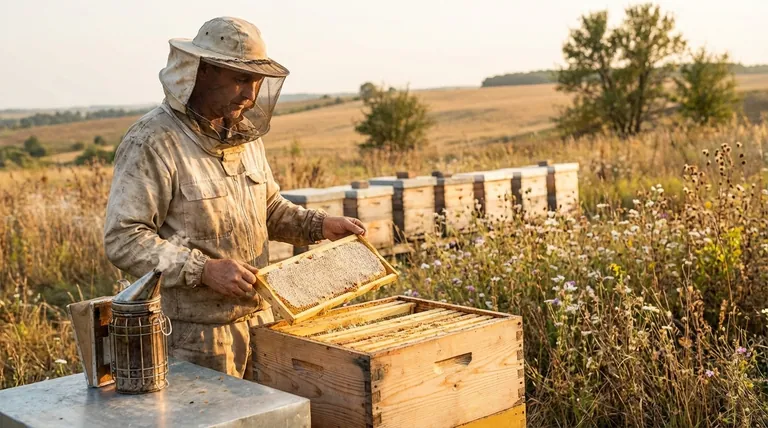
The Hive's Winter Preparation
To understand the risk, you must understand the bee's seasonal calendar. Late summer isn't the beginning of a rest period; it's the final, frantic push to prepare for the harsh months ahead.
The Closing Nectar Window
By late summer and early autumn, the major sources of nectar are dwindling. This period, often called the "fall flow," is unpredictable and far less abundant than the main summer flow. This is the bees' last chance to top off their winter pantry.
Calculating Winter Stores
The amount of honey a colony needs depends on your climate's winter length and the size of the colony. A common benchmark for cold climates is leaving 60-90 pounds of honey, which often equates to a full, deep hive box dedicated entirely to the bees.
Fuel for the Winter Cluster
Bees do not hibernate. They survive winter by forming a tight "winter cluster" around their queen. They vibrate their wing muscles to generate heat, maintaining a core temperature that protects the colony. This intense, months-long effort is fueled entirely by their stored honey.
Honey vs. Sugar Syrup: An Unequal Trade
When a beekeeper takes too much honey, they must replace it by feeding the bees sugar syrup. While this can prevent outright starvation, it is a significant nutritional downgrade for the colony.
The Nutritional Completeness of Honey
Honey is not just sugar. It is a complex substance containing enzymes, amino acids, minerals, and pollen particles. These components are crucial for the bees' immune systems and overall health, helping them ward off diseases and emerge strong in the spring.
The "Empty Calories" of Sugar Syrup
Sugar syrup is typically a simple mixture of white sugar (sucrose) and water. It provides the raw energy (carbohydrates) for heat generation but lacks the vital micronutrients found in honey. A colony wintered on syrup may survive, but it often emerges weaker and more susceptible to stress in the spring.
Understanding the Trade-offs
Making the wrong call on a late summer harvest has significant consequences that extend beyond a single season.
The Primary Risk: Starvation
This is the most severe and direct outcome. A colony that runs out of food mid-winter has no other options. The cluster will grow cold, and the bees will perish. Misjudging their needs is a gamble with the entire colony's life.
The Secondary Risk: A Weaker Spring Colony
A colony that survives on syrup may be noticeably smaller and less vigorous in the spring. This "spring lag" means they will take longer to build up their population, delaying their ability to gather a new honey crop and potentially impacting the entire following season's productivity.
The Labor Cost for the Bees
Processing sugar syrup into a storable form requires work. The bees must consume, process, and dehydrate the syrup, which expends energy and wears on the aging winter bee population. This is energy that should be conserved for surviving the cold.
A Framework for Responsible Harvesting
Your decision should be based on your primary goal as a beekeeper and your level of experience.
- If your primary focus is long-term colony health: Leave all late-summer honey for the bees. Your reward will be a robust, healthy colony that builds up quickly in the spring.
- If you are a new beekeeper: Always err on the side of caution. Forgo any late-season harvest and focus on ensuring your bees are "heavy" going into winter. Consider it an investment in next year's success.
- If you are an experienced beekeeper in a mild climate: You may be able to assess a true surplus. Only after confirming the brood boxes are completely full of honey should you consider harvesting from the supers above.
Ultimately, responsible stewardship is the foundation of successful beekeeping.
Summary Table:
| Risk of Late Summer Harvest | Consequence for the Colony |
|---|---|
| Starvation | Colony perishes if winter food stores are insufficient. |
| Weakened Spring Colony | Bees wintered on sugar syrup emerge smaller and less vigorous. |
| Nutritional Deficit | Sugar syrup lacks the enzymes, minerals, and pollen found in honey. |
| Increased Labor | Bees expend energy processing syrup instead of conserving it for winter. |
Ensure your apiary's success with the right equipment. As a beekeeper, your primary role is responsible stewardship. HONESTBEE supplies commercial apiaries and beekeeping equipment distributors with the high-quality supplies needed to support strong, healthy colonies through every season. From hive components to feeding systems, our wholesale-focused operations provide the tools for sustainable beekeeping. Let's discuss your needs — contact our experts today!
Visual Guide

Related Products
- Electric Honey Press Machine for Squeezing Honey Comb Press Equipment
- 10L Stainless Steel Electric Honey Press Machine
- High Performance Cordless Electric Bee Shaker for Beekeeping
- Extra Wide Stainless Steel Honey Uncapping Fork with Scraper Beekeeping Tool
- Professional Wide Blade Honey Scraper for Beekeeping and Honey Processing
People Also Ask
- What role does professional honey pressing equipment play in the production of honey? Enhance Your Raw Honey Quality
- What are the various applications of a honey press in beekeeping? Maximize Your Harvest Yield
- How does using a honey press affect comb integrity and subsequent honey production? Balancing Yield and Quality
- How should a honey press be cleaned after it has been used? Essential Maintenance Tips for Your Harvest Tools
- How does a honey press help beekeepers meet the demand for chunk honey? Craft Authentic, Raw Hive Products



